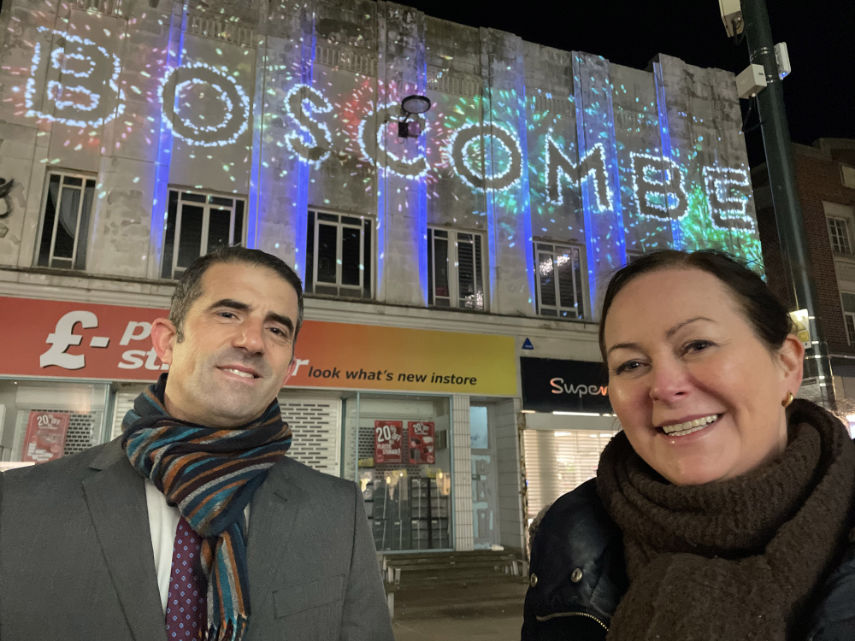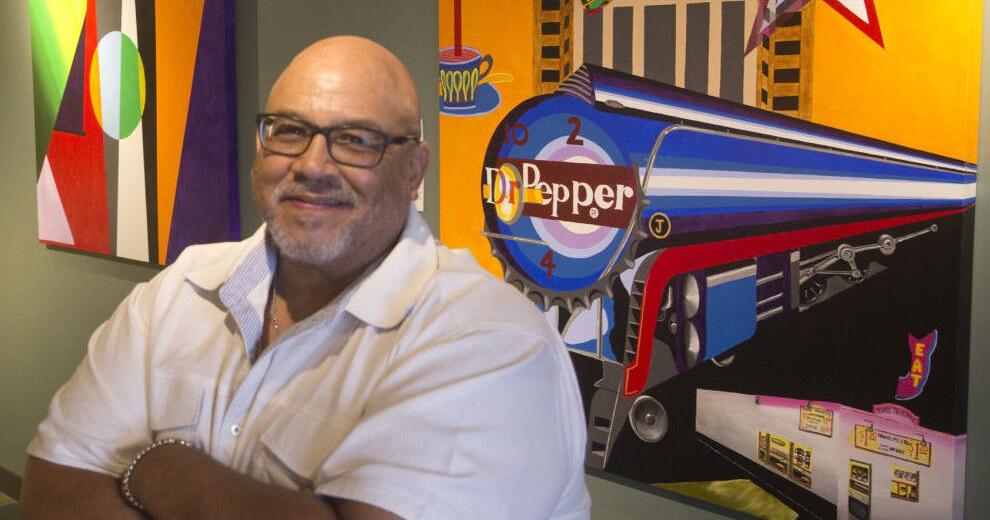“We are getting to the point where the freedoms of the many are being compromised by the few,” said Coun. Peter Poole said, referring to those who are reluctant to get vaccinated or refuse to be vaccinated.
BANFF – The Town of Banff is investigating a COVID-19 vaccine passport for access to municipal facilities and services.
In addition to giving this direction to administration, city council also authorized a letter to be sent to the Government of Alberta pushing for the implementation of a vaccine certification card across the country. the province for non-essential services to help prevent blockages or additional restrictions.
In a meeting on Monday, September 13, the council backed Councilor Chip Olver’s decision to ask the administration to seek a vaccine passport to access municipal facilities such as the Fenlands Recreation Center or discretionary programs like the community courses.
“I’m so confused by what’s going on in our province… I’m curious about pursuing some sort of vaccination certification for our discretionary facilities and programs,†Coun said. Olver, who is fully vaccinated.
“When we look at the numbers for Banff – we see they’ve gone down and that probably gives us comfort – but we have so many visitors from outside our community and there is so much potential for infection.â€
As of September 13, Banff and Lake Louise had 35 active cases of COVID-19, up from 154 in mid-August during this fourth wave of coronavirus.
Since the start of the pandemic in March 2020, the region has recorded 1,084 cases of COVID-19, of which 1,048 people have recovered and a well-known local has died.
The latest statistics show that 9,254 people in Banff and Lake Louise have received their first dose of the vaccine and 7,855 are fully immunized. The mobile vaccine bus returns to Banff during Harvest Fest on September 19th.
Province-wide, active cases as of September 13 now stood at 18,395. There are 803 people hospitalized with COVID-19 and 202 people in intensive care units – the highest the province has recorded since the start of the pandemic.
Of those hospitalized with the virus, 78 percent are not fully immunized – 74 percent without any dose and four percent with a dose – while 22 percent in the hospital are currently fully immunized.
Alison Gerrits, who is a member of the City of Banff Emergency Management Team, said there are four dedicated COVID-19 beds at Banff Mineral Hospital.
On Monday, she said two of the four beds were in use, but have varied over days, weeks and months throughout the pandemic.
“Earlier in the summer, at some point in August, all four beds were occupied, but some days none of the beds are occupied, so it fluctuates,†Gerrits said.
“The hospital also assured us that if for some reason four beds were used, the hospital had the flexibility to make a few moves to increase capacity if needed. “
There has also been a noticeable increase in the number of critical COVID-19 patients transferred from Banff Mineral Springs Hospital to city hospitals over the past month in particular, Gerrits said.
“I don’t have a specific number, but it’s just an observation that it has been noted and that there has been an increase,†she said.
According to hospital administrators, there were only six COVID-19 positive people seen by the emergency department at Mineral Springs Hospital in July, compared to 50 people in the emergency department in August who were tested. positive for the virus.
“Some of these people weren’t necessarily going to the emergency room because of their COVID symptoms, but for anyone who was symptomatic, they were automatically stamped according to protocols,†Gerrits said. “The hospital does not screen asymptomatic individuals or everyone, only individuals with symptoms. “
With hospitalizations and intensive care admissions escalating across the province, Mineral Springs recently accepted non-COVID patient transfers from urban hospitals to help deal with the current capacity crisis.
“However, as of this morning, the hospital is confirming and wanting the community to know that they have a good capacity right now,†Gerrits said.
Com. Peter Poole, who is also fully vaccinated, has expressed his strong support for Coun. Olver’s motions to consider a vaccine passport for municipal facilities and programs and to push the provincial government in light of the alarming COVID situation in Alberta.
While noting that he has gone from anger to outrage at the unvaccinated, he stressed that it is also important to continue to thank the overworked and exhausted healthcare workers who are facing the current wave of violence. predominantly unvaccinated individuals in hospitals and intensive care units.
“We are getting to the point where the freedoms of the many are being compromised by the few,” said Coun. Poole said, referring to those who are reluctant to get vaccinated or refuse to be vaccinated.
“We must be concerned, even if we are vaccinated, that the current level of circulation of this virus, which is stoked by the unvaccinated, is of real concern to and our tourism brand.”
Mayor Corrie DiManno and the con. Brian Standish, both mayoral candidates in the Oct. 18 election and both fully vaccinated, wanted information from the administration on a possible vaccination card for municipal facilities and services, but made no commitments.
“I’m not sure I would support it right now without learning a bit more about it and how it works and that sort of thing,” Mayor DiManno said.
The Town of Banff already has mandatory vaccine requirements for its employees – who risk losing their jobs if they don’t comply by the September 23 deadline – but there are exceptions to the policy such as a religious or health-related reason.
Earlier reports from the City of Banff administration said compliance was already over 90 percent of about 300 employees, with just five reporting they had not been vaccinated as of August.
However, questioned by the Council. Ted Christensen at Monday’s board meeting, the administration had no further information.
“I was wondering if you could speak to the Town of Banff’s Mandatory Immunization Program… any ideas on effectiveness so far on compliance?” ” he said.
General Manager Kelly Gibson said he couldn’t answer this question because it was a human resources issue, but said he was happy to participate in the closed-door meeting if the council wanted additional details.
“Overall, I can say that the policy is legally sound and that we have been thoroughly reviewed, and that there are exceptions to ensure that the human rights of employees are covered,†he said. -he declares.
“The policy was originally put in place after Occupational Health and Safety declared COVID-19 a workplace hazard and the policy is in place to ensure the safety of all of our staff. “
Christensen said the closed door does not help him answer questions he receives from the community.
“I know it was an operational decision, but it has political and social ramifications that we have to face, and I was hoping for some support from the administration to deal with it,” he said.
“I would like to know how it works and I would like to know if anyone has been fired.”
 Welcome To Poole
Welcome To Poole
_w=1200_h=630.png?v=20220321141806)


